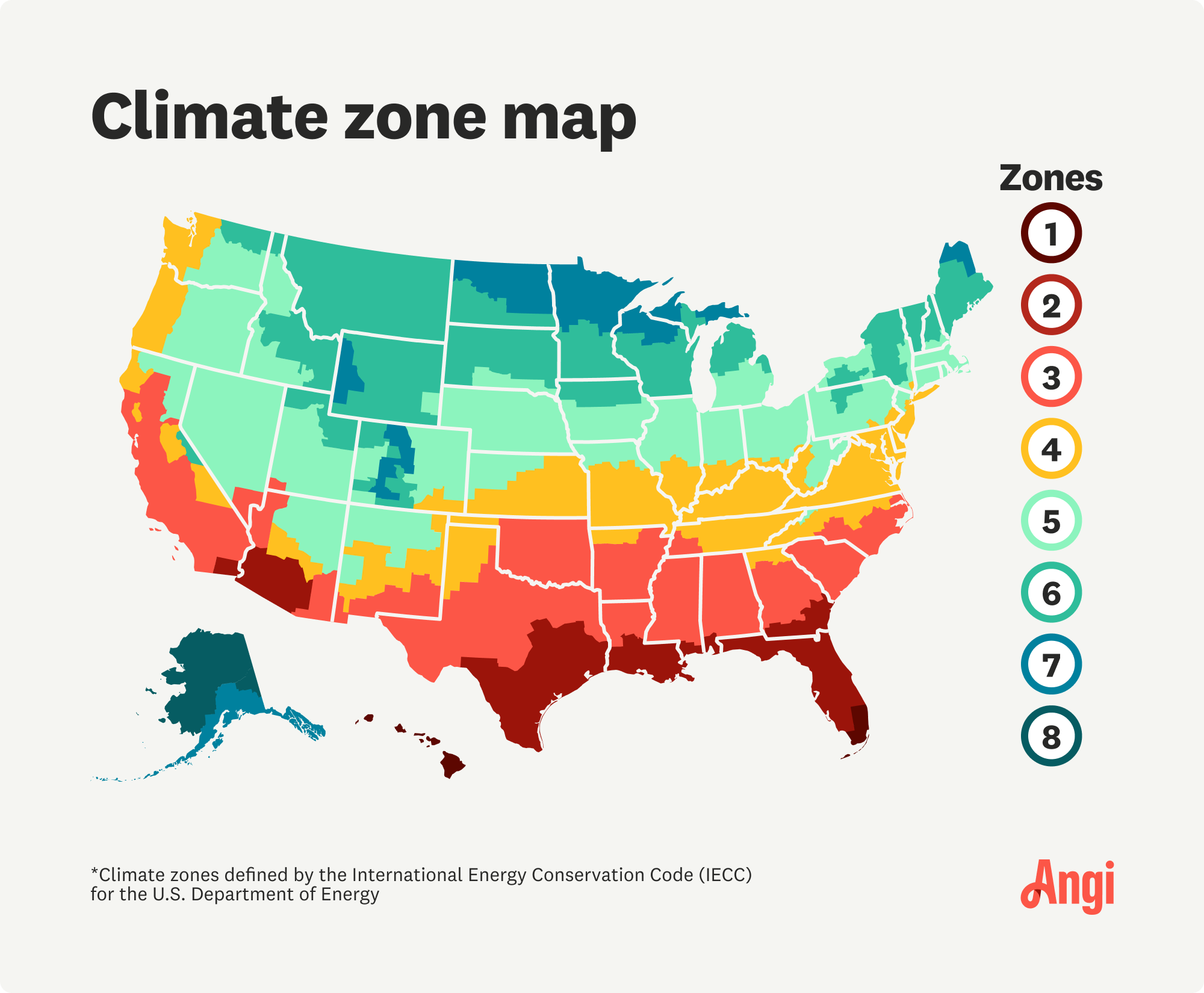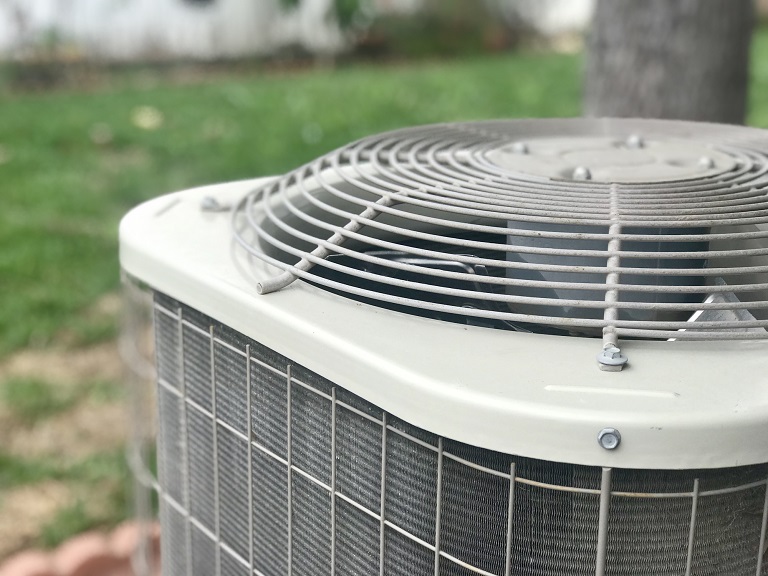
A faulty evaporator coil is a common cause of AC failure. But how much does an evaporator coil replacement cost? We explore the factors here.
Heating and air conditioning service costs depend on your project and location. Check with a local pro for your specific job.
Boiler replacement costs in San Francisco depend on the size of the boiler.
If you have a spacious home, you’ll need a bigger boiler to keep it warm, which will increase your costs.
The boiler’s fuel type—for example, natural gas or oil—can also impact your project price.
When replacing a boiler in San Francisco, you’ll need to hire a pro and pay for permits.
The average boiler replacement cost in San Francisco is $8,922, but it’s common to pay between $8,922 and $8,922, depending on the specifics of your project. Some of the main cost factors for boiler replacement include the size and type of the unit, as well as its system type. Let’s take a closer look at how these variables influence your bottom line.
Before picking out a boiler, it helps to understand how the type you choose affects its price. Here’s how the boiler’s size, fuel type, and system type play into your boiler replacement costs in San Francisco, CA.
You can estimate the cost of your boiler by your home’s square footage and boiler capacity using the table below. However, call an HVAC pro in San Francisco, CA, for the most accurate estimate.
| Home Size (in Square Feet) | Boiler Size in British Thermal Units (BTUs) | Average Unit Cost |
|---|---|---|
| 1,000 | 30,000–45,000 | $2,000–$3,200 |
| 1,500 | 45,000–68,000 | $2,500–$3,800 |
| 2,000 | 60,000–90,000 | $3,100–$4,800 |
| 2,500 | 75,000–113,000 | $3,600–$5,600 |
| 3,000 | 90,000–135,000 | $4,100–$7,000 |
The most common fuel used for boilers in San Francisco, CA, is natural gas. The fuel type you choose will have a major impact on both your ongoing costs and how much you pay for a new boiler.
| Fuel Type | Average Unit Cost |
|---|---|
| Oil | $1,800–$6,500 |
| Gas | $1,300–$6,500 |
| Propane | $2,000–$7,000 |
| Electric | $1,100–$5,500 |
| Wood | $5,000–$13,000 |
Oil boiler: Oil burns hotter than gas, so oil boilers provide more heat and are better in colder climates. However, oil boilers require more maintenance than gas options, so keep things like long-term maintenance costs in mind before buying.
Gas and propane boiler: Propane and natural gas are common options for heating homes. In addition to the unit price, installation costs $1,000 to $3,000 and requires new exhaust lines, drains, and fuel lines.
Electric: Electric boilers are highly efficient and don't require some of the components that gas and oil boilers need, like exhaust vents. They take a long time to heat up but are an attractive option for tiny homes in warm climates.
Wood: Large, outdoor, wood-fueled boilers are good options for rural areas that have easy access to wood.
Boilers are broken out by fuel type, but they can also vary in other ways—like their system types.
| Boiler System Type | Average Unit Cost |
|---|---|
| Standard or conventional | $1,200–$4,500 |
| Combination | $1,600–$4,500 |
| System | $2,000–$4,000 |
| High-efficiency | $2,500–$8,000 |
Standard or conventional boilers: These boilers work by quickly heating water in pipes and sending it to your taps. Standard units are one of the most popular choices for homeowners in large homes and those with floor heating systems.
Combination boilers: Combination boilers are popular because they’ll give you access to hot water quickly. However, the supply tends to be limited due to the lack of a storage tank.
System boilers: These work by keeping high-pressure hot water in a sealed cylinder, where it can be sent to multiple taps within your home simultaneously.
High-efficiency boilers: High-efficiency boilers are up to 98% efficient, which accounts for thousands of dollars in savings over the boiler's life. Standard boilers are around 80% efficient, making them ideal for cold climates.

The capacity of your boiler (in BTUs) depends on your region and climate. Warmer climates make it much easier to heat water, even for larger houses, so fewer BTUs are required. You can estimate your necessary BTUs by finding out which climate zone you live in.
Most of your budget will go toward the boiler itself, but you’ll also need to factor in other costs, including professional labor and permits.
In San Francisco (and other parts of California), professionals who install, service, or repair boilers need a C-4 - Boiler, Hot Water Heating, and Steam Fitting Contractor license. Before you hire an installer, you can verify the status of their license on California’s Contractors State License Board (CSLB) website.
To install a new boiler in San Francisco, you’ll need a plumbing permit from the city. Gas-powered appliances also need a mechanical permit. Together, these permits cost several hundred dollars. If your contractor is registered with the city, they can apply for your project permits online.
At 8.625%, San Francisco’s combined sales tax is fairly steep, and it can add a couple hundred dollars (or more) to your boiler replacement budget. For example, if your boiler costs $2,700, the sales tax on it would add up to $233.
A new boiler won’t just keep you warm on cold and windy San Francisco evenings—it can also be a valuable addition when you sell your house. For many buyers, it’s a relief to know they won’t have to shell out for a new heating system for years to come, which can enhance your home’s overall appeal. In fact, upgrading an HVAC system often results in a 5% to 7% boost in property value.
Home is the most important place on earth, which is why Angi has helped more than 150 million homeowners transform their houses into homes they adore. To help homeowners with their next project, Angi provides readers with the most accurate cost data and upholds strict editorial standards. We survey real Angi customers about their project costs to develop the pricing data you see, so you can make the best decisions for you and your home. We pair this data with research from reputable sources, including the U.S. Bureau of Labor Statistics, academic journals, market studies, and interviews with industry experts—all to ensure our prices reflect real-world projects.
Want to help us improve our cost data? Send us a recent project quote to [email protected]. Quotes and personal information will not be shared publicly.
From average costs to expert advice, get all the answers you need to get your job done.

A faulty evaporator coil is a common cause of AC failure. But how much does an evaporator coil replacement cost? We explore the factors here.

Whole-house fans can help reduce your electric bills by providing ventilation and cool, fresh air. Use this whole house fan cost guide to price out the project.

Average costs of HVAC inspections vary based on house size, location, and type of HVAC system. Follow our easy guide to gauge your home’s HVAC inspection cost.

Not sure which type of furnace humidifier is best for your home? We’ve broken down four different options, explaining how they work and their benefits.

Baseboard heater covers can endure a lot of wear and tear, but eventually you’ll want to replace them. Here’s the best way to switch out baseboard heater covers.

Discover the average air handler replacement cost, including labor and materials, plus expert tips to help you budget and save on your HVAC upgrade.